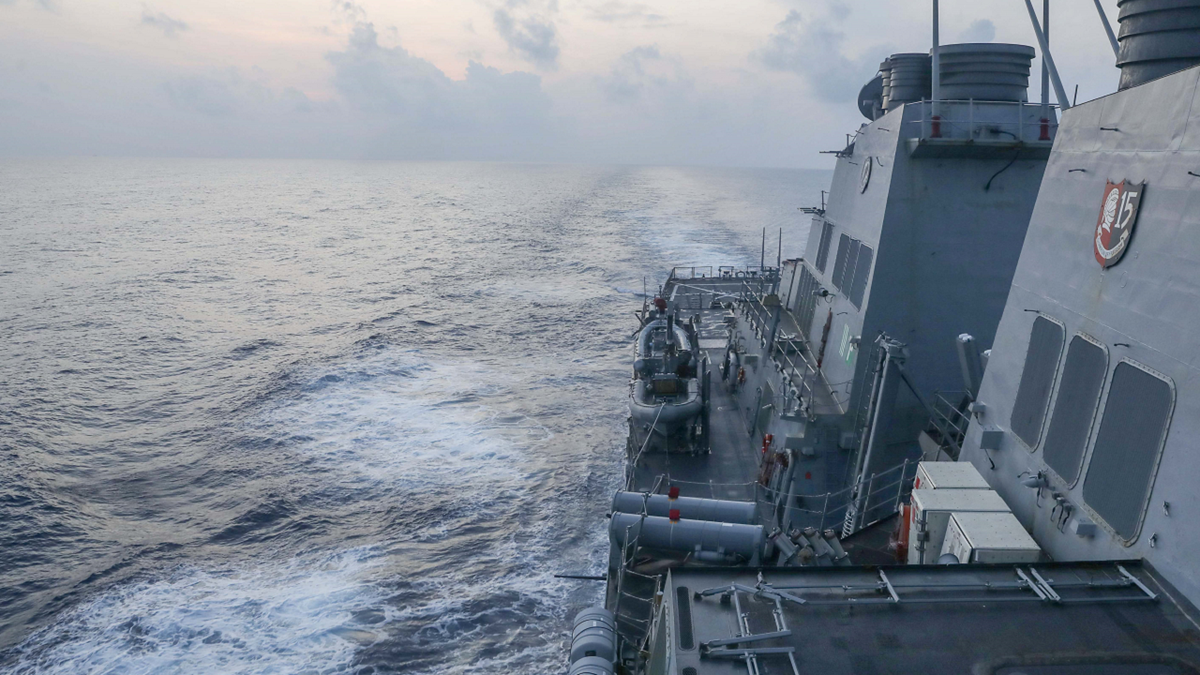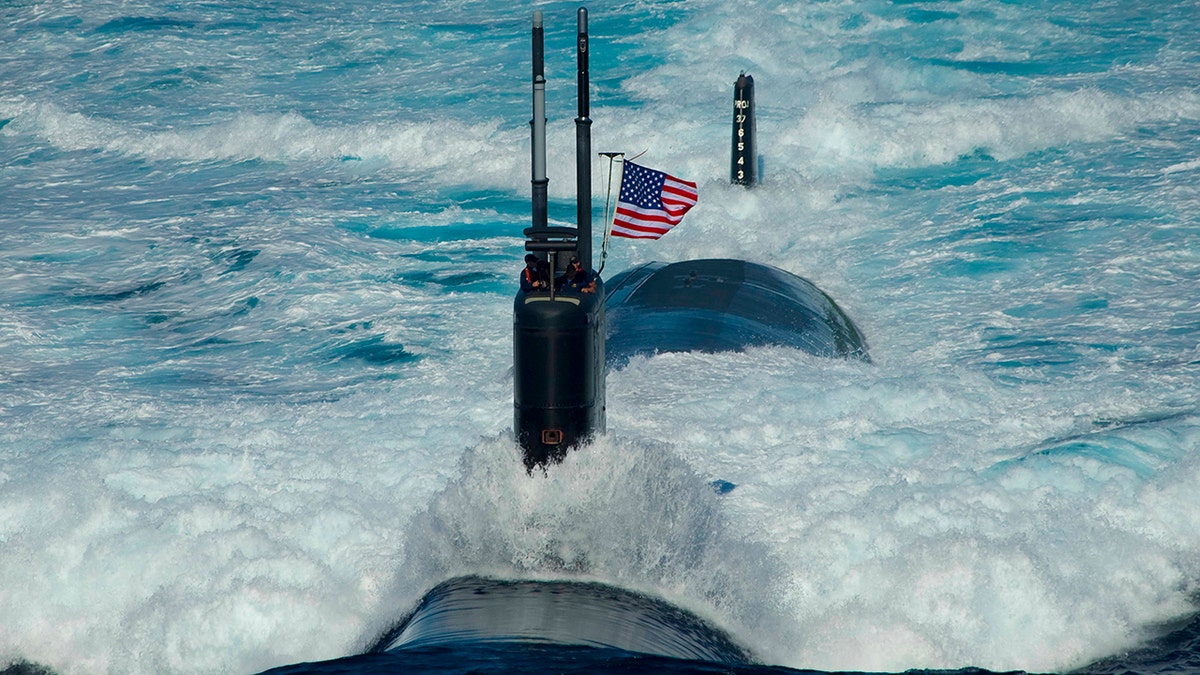China is a ticking time bomb, author warns
Population Research Institute President Steven Mosher on the political and economic mismanagement that is affecting China
The U.S. Navy is investing billions of dollars to revamp its Cold War-era submarine detection system in the Pacific Ocean as China bolsters its own navy and becomes more belligerent.
The U.S. Integrated Undersea Surveillance System was first built in the 1950s as a top secret program aimed at countering Russia's naval capabilities in the Cold War. Now, however, the fleet of surveillance ships and maze of undersea sensor cables are being modernized, three people with direct knowledge of the effort told Reuters.
The modernization effort aims to make the surveillance cables smaller while covering a larger area. The U.S. is also selling the same technology to Australia.
The plan also includes implementing artificial intelligence to review surveillance data for anomalies and potential foreign craft, something the technology could do far faster than a human analyst.
CHINA, RUSSIA SEND NAVAL WARSHIPS NEAR ALASKA, TRIGGERING FORCEFUL US RESPONSE

The U.S. Navy is investing billions of dollars to revamp its Cold War-era submarine detection system in the Pacific Ocean as China bolsters its own navy and becomes more belligerent. (US Navy)
The more modern hardware involves fleets of unmanned drones that patrol areas in the Pacific for signs of submarines. Ships can also carry portable sensors that function as undersea satellites that can be deployed wherever needed.
In order to get a window into the top secret program, Reuters interviewed more than a dozen people in the Navy or working as contractors. It also reviewed hundreds of Navy contracts. That examination identified at least 30 deals linked to the surveillance program signed over the last three years with defense giants as well as a string of startups working on unmanned sea drones and AI processing.

The U.S. Integrated Undersea Surveillance System was first built in the 1950s as a top secret program aimed at countering Russia's naval capabilities in the Cold War. (Photo by Mass Communication Specialist 3rd Class Adam K. Thomas/U.S. Navy via Getty Images)
"The systems have and will experience growth and recapitalization as subsea technologies are developed and as defense priorities are updated," a spokesperson for the Submarine Force U.S. Pacific Fleet said in a statement when asked about the effort.
CLICK HERE TO GET THE FOX NEWS APP
The ramp-up of capabilities comes as China has grown increasingly aggressive toward Taiwan. China has vowed to reunify the island by force if necessary, and the U.S. has maintained a policy of "strategic ambiguity" as to its position regarding the island.
Reuters contributed to this report.













































